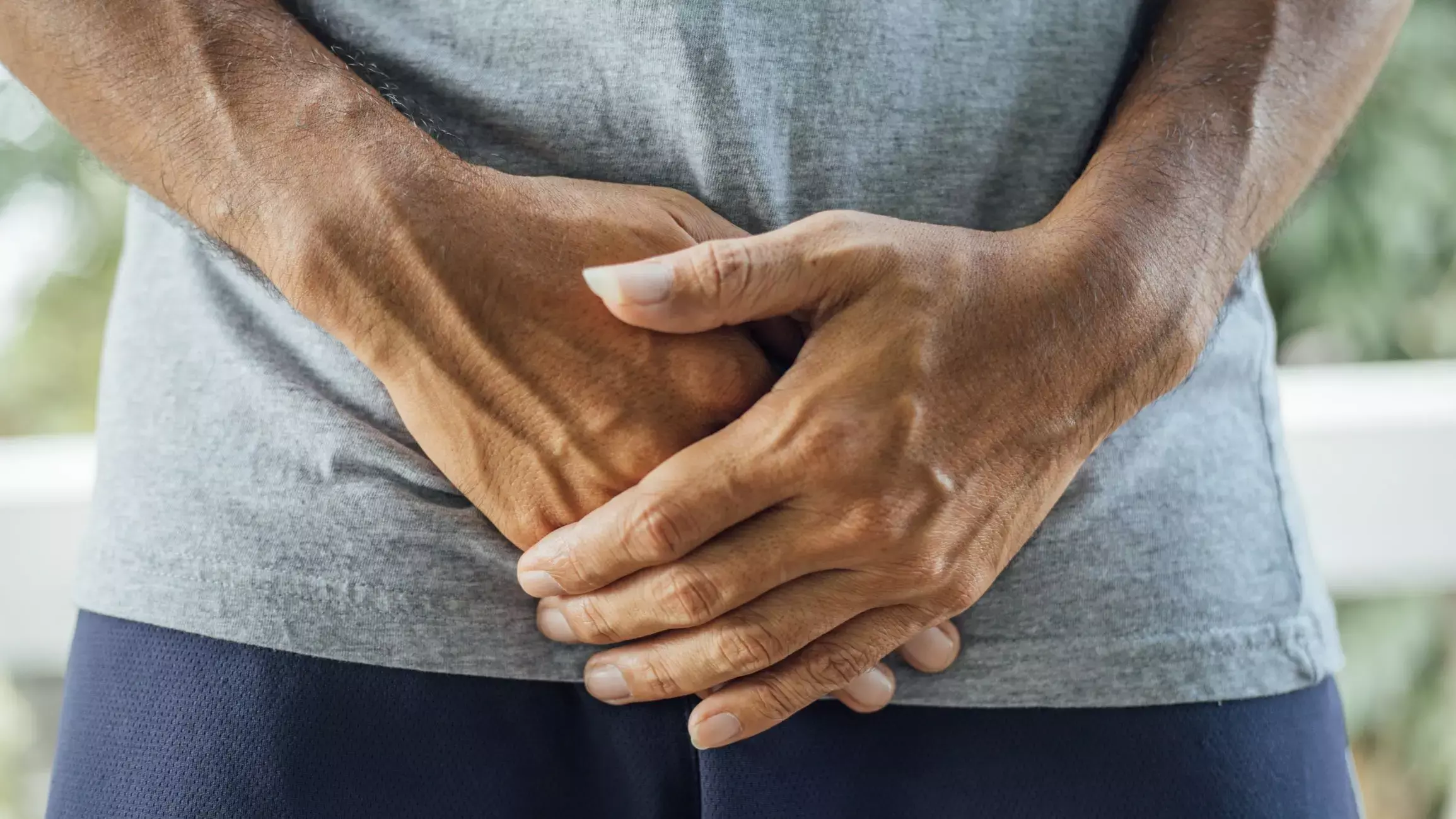- Home
- Medical news & Guidelines
- Anesthesiology
- Cardiology and CTVS
- Critical Care
- Dentistry
- Dermatology
- Diabetes and Endocrinology
- ENT
- Gastroenterology
- Medicine
- Nephrology
- Neurology
- Obstretics-Gynaecology
- Oncology
- Ophthalmology
- Orthopaedics
- Pediatrics-Neonatology
- Psychiatry
- Pulmonology
- Radiology
- Surgery
- Urology
- Laboratory Medicine
- Diet
- Nursing
- Paramedical
- Physiotherapy
- Health news
- Fact Check
- Bone Health Fact Check
- Brain Health Fact Check
- Cancer Related Fact Check
- Child Care Fact Check
- Dental and oral health fact check
- Diabetes and metabolic health fact check
- Diet and Nutrition Fact Check
- Eye and ENT Care Fact Check
- Fitness fact check
- Gut health fact check
- Heart health fact check
- Kidney health fact check
- Medical education fact check
- Men's health fact check
- Respiratory fact check
- Skin and hair care fact check
- Vaccine and Immunization fact check
- Women's health fact check
- AYUSH
- State News
- Andaman and Nicobar Islands
- Andhra Pradesh
- Arunachal Pradesh
- Assam
- Bihar
- Chandigarh
- Chattisgarh
- Dadra and Nagar Haveli
- Daman and Diu
- Delhi
- Goa
- Gujarat
- Haryana
- Himachal Pradesh
- Jammu & Kashmir
- Jharkhand
- Karnataka
- Kerala
- Ladakh
- Lakshadweep
- Madhya Pradesh
- Maharashtra
- Manipur
- Meghalaya
- Mizoram
- Nagaland
- Odisha
- Puducherry
- Punjab
- Rajasthan
- Sikkim
- Tamil Nadu
- Telangana
- Tripura
- Uttar Pradesh
- Uttrakhand
- West Bengal
- Medical Education
- Industry
Adjustable continence balloons benefit continence patients after prostatectomy

France: In individuals with stress urinary incontinence (SUI) after radical prostatectomy, the minimally invasive adjustable continence therapy (ProACT) device gives a clear benefit in continence, says an article published in Neurourology and Urodynamics. The study showed that severe SUI or prior radiotherapy were associated with a lower success rate.
Despite improved surgical methods, the rising frequency of radical prostatectomies results in a growing number of individuals suffering from postprostatectomy stress incontinence. As a result, Hélène Ricard and her colleagues designed this study to evaluate the mid-term safety and effectiveness of ProACT for the treatment of male stress urinary incontinence (SUI) following radical prostatectomy (RP).
This was single-center retrospective research that included male patients who had ProACT periurethral balloons implanted for SUI after RP between 2007 and 2017, primarily under flexible cystoscopic guidance. A composite endpoint including subjective (patient's impression of improvement (PII) on a 0–100 numerical rating scale) and objective outcomes was used to measure efficacy (decrease in daily pad use). The usage of 0–1 pad daily was connected with postoperative success, which was defined as a PII of less than 80%. A PII of 50 percent and a reduction of 50 percent in the number of daily pads needed were considered improvements.
The key findings of this study were as follows:
1. There were 200 guys in all, with a median age of 68 (64–73) years. Seventeen percent (n = 34) had previously received radiation, and 15.5 percent (n = 31) had previously undergone SUI surgery.
2. The average follow-up period was 43 months (19–71 months). The severity of SUI was mild in 119 individuals (59.5%), moderate in 48 (24%), and serious in 33 patients (16.5%).
3. A decreased success rate was linked to severe SUI and a history of prior radiation.
4. Overall, 34% of patients required reoperation, with 5.6% (n = 11) requiring the third implantation.
5. To treat SUI, 29.4% of the patients (n = 58) required an artificial urinary sphincter.
6. At the most recent follow-up, the total success rate was 40.1 percent, with a median PII of 18.3%.
7. The cumulative success and improvement rate for patients with balloons remaining in place (n = 132) was 78%, with a median PII of 72%.
In conclusion, in this study, severe SUI or prior radiation were linked to a reduced success rate.
Reference:
Ricard, H., Léon, G., Branchereau, J., Bouchot, O., Karam, G., Le Normand, L., Rigaud, J., & Perrouin‐Verbe, M. (2022). Adjustable continence balloons in postprostatectomy incontinence: Outcomes and complications. In Neurourology and Urodynamics. Wiley. https://doi.org/10.1002/nau.24967
Neuroscience Masters graduate
Jacinthlyn Sylvia, a Neuroscience Master's graduate from Chennai has worked extensively in deciphering the neurobiology of cognition and motor control in aging. She also has spread-out exposure to Neurosurgery from her Bachelor’s. She is currently involved in active Neuro-Oncology research. She is an upcoming neuroscientist with a fiery passion for writing. Her news cover at Medical Dialogues feature recent discoveries and updates from the healthcare and biomedical research fields. She can be reached at editorial@medicaldialogues.in
Dr Kamal Kant Kohli-MBBS, DTCD- a chest specialist with more than 30 years of practice and a flair for writing clinical articles, Dr Kamal Kant Kohli joined Medical Dialogues as a Chief Editor of Medical News. Besides writing articles, as an editor, he proofreads and verifies all the medical content published on Medical Dialogues including those coming from journals, studies,medical conferences,guidelines etc. Email: drkohli@medicaldialogues.in. Contact no. 011-43720751


